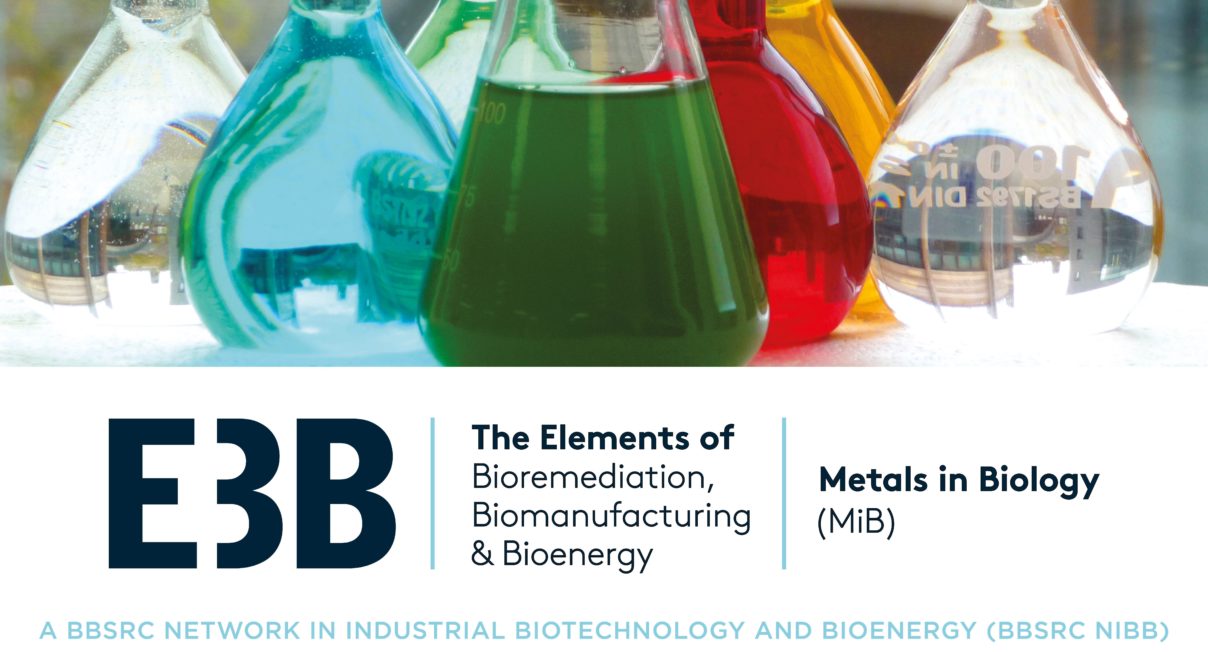Project to advance recycling of rare materials secures £14 million UKRI funding
A national consortium involving researchers from Durham’s Biosciences department has secured £14 million UK Research and Innovation (UKRI) funding to help advance the recycling of rare metals.
The project, in collaboration with the University of Kent, Quadram Institute, University of East Anglia, University of Manchester, Natural History Museum, University College London, University of Surrey and the University of York, will look to address the growing need for critical minerals and metals in clean energy technologies and promote a circular economy.
Recycling rare earth metals
Technologically critical metals, such as rare earth elements, cobalt, lithium and indium, pose significant challenges due to their limited availability and the environmental damage caused by their extraction.
Recycling these metals is crucial for reducing the demand for primary mining and minimising environmental impacts.
The Engineering Biology Mission Hub for Environmental Processing and Recovery of Metals (Elemental) project will look to tackle this problem bringing together specialists from various UK institutions, including Durham.
A new knowledge hub
The project will see the creation of a new, open knowledge hub which aims to enhance ongoing projects related to mineral extraction, urban mining, industrial waste, and nuclear waste by leveraging engineering biology tools and approaches.
Examples include the use of microorganisms to extract metals (bioleaching) or break down contaminants in polluted water and land (bioremediation).
The project will also optimise the use of essential metals in clean biomanufacturing, such as cobalt in the production of vitamin B12, an essential dietary nutrient.
This funding announcement is among six new UKRI Engineering Biology Mission Hubs and 22 Mission Award projects, announced by Andrew Griffith, Minister for Science, Research and Innovation.
Of the total funding amount, Durham receives £1.18m to work towards a series of advancements, including engineering bacteria to better handle metal ions for different project applications within the hub.
Find out more
- Durham’s lead researcher on the project is Associate Professor Peter Chivers, in our Department of Biosciences.
- Read the full UKRI announcement here.
- Our Department of Biosciences is a leading centre for this increasingly important area of study and is ranked 4th in the UK in The Guardian University Guide 2024. Students develop a wide range of analytical and practical skills that prepare them to meet these challenges we face across the globe including food security, sustainability and the impact of climate change. Feeling inspired? Visit our Biosciences webpages to learn more about our postgraduate and undergraduate programmes.
- Durham University is a top 100 world university. In the QS World University Rankings 2024, we were ranked 78th globally.
